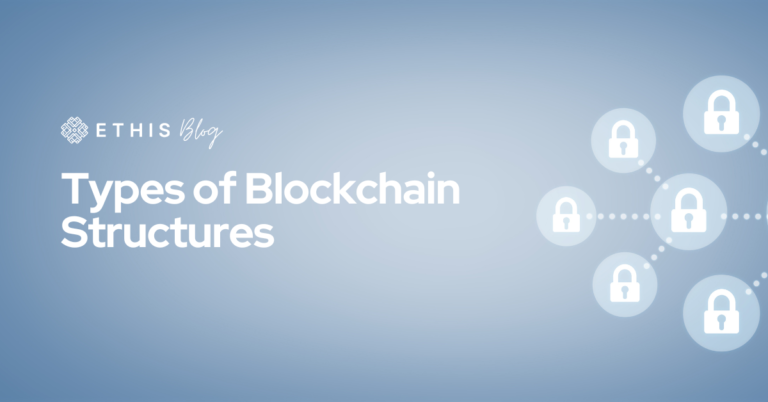
A blockchain can be understood in its most basic form as an interconnected chain that uses something called blocks to organise and store data that can be verified. Many of the online commentaries begin by explaining that a blockchain is comparable to a Google document spreadsheet, in which the mechanism of locking allows for multiple authors to contribute to the document at the same time.
Blockchain is a bit more complicated than that example, and it has some unique properties that make it a desirable technology for tagging, storing, and tracking anything of value. These advantages make it an attractive option. The cryptocurrency known as Bitcoin was one of the earliest and most successful applications of blockchain technology.
Blockchain technology is about a lot more than just investment opportunities, despite the fact that bitcoin has become a major buzzword in the field of technology over the past few years. Blockchains are peer-to-peer networks that make use of cryptology and distributed computing systems. These networks can be used to build applications and share data with other users.
Blockchain technology has the potential to influence a wide range of data-centric facets of day-to-day life, including financial transactions and transactions involving large amounts of data as well as smart contracts. Bitcoin and blockchain are not the same; blockchain technology is used to implement bitcoin, but blockchain technology has applications far beyond bitcoin and cryptocurrencies. Blockchain technology can be used in contexts much wider than those involving cryptocurrencies.
A blockchain is made up of blocks, and each block contains data (anything of value), its own hash value (a unique cryptographic value consisting of characters and numbers generated through a complex computational algorithm), and a pointer to the hash of the block that came before it.
Types of Blockchain structures


Blockchains will follow the same path as the Internet, which consists of both public and private versions. This means that both public and private blockchains will exist. Some will be built from the ground up to work with blockchain technology, while others may be a hybrid implementation built into an already existing Web or private application. Depending on its applications, a blockchain can be classified either as a public, private, or hybrid variant.
Public blockchain
Public blockchains are completely decentralised in that any one entity does not control them, anyone can view their records, and anyone can take part in reaching a consensus. Public blockchains include Bitcoin. Any member of the public can contribute to a public blockchain without asking for permission. Any user of such a service would be able to access the source code or software and set up a full node on their local device to validate network transactions and take part in the consensus process.



Everyone has access to the public block explorer and can view or audit any transaction, but the identities of the people involved in a transaction are never revealed. Utilising a public blockchain has its benefits. It has the potential to disrupt current business models by eliminating middlemen in traditional business processes.
More importantly, the cost of developing and operating decentralised applications is greatly reduced due to the absence of a requirement for a central authority to provide and maintain servers and system administrators. Digital currencies such as Bitcoin, Ethereum, and Litecoin all use public blockchains.
Related: Blockchain in Islamic Finance
Private Blockchain
In order to restrict who can access and update the blockchain, private blockchains implement the concept of privileges. In most cases, a single entity owns the blockchain and is in charge of creating new blocks, eliminating the need for consensus algorithms and mining.
A private blockchain is a blockchain that is only accessible within a specific network, where there is only one administrator and a small number of nodes. Although private blockchain can be helpful for addressing issues of efficiency, security, and fraud within conventional institutions, it lacks the most crucial characteristic of decentralisation.
Although it shares many of the benefits of the consortium blockchain below, it is not distributed and has stricter permissions.
Related: Blockchain: A New Economic Model and Implications for Islamic Finance
Hybrid Blockchain (Consortium)


In this case, the blockchains in question are only accessible to the select few who have been granted access. Following a predetermined set of rules, which everyone has agreed upon, a small number of trusted servers manage the consensus process.
Since only authorised users receive a copy of the blockchain, we can only call this a “partially decentralised” network. Therefore, only specific organisations are given authority and control to operate as full nodes and perform the network’s operations.
Unlike a public blockchain, the structure does not allow any user to take part in the verification of transactions. An agreed-upon group of nodes oversees the consensus procedure, with the protocol dictating how many nodes must validate a block’s signature before it can be considered valid. Access to the blockchain ledger can be granted to the general public or kept private to its users.
Compared to other blockchains, this one has a few key benefits. The transaction costs are lowered, data duplication is prevented, and outdated systems are replaced. This type of blockchain also has the potential for greater scalability because it processes transactions more quickly than a public blockchain. As a side benefit, users get more confidentiality, but at the expense of less transparency.
Related: What is Cryptocurrency? – Here’s What you Should Know





Top Posts
Islamic P2P Crowdfunding Explained
How to Earn Halal Money? The Money Mindset
Halal Investments for Singapore Muslims? It’s time for a shake-up in the Islamic Investments scene.
Smart investment for making Halal money
3 Reasons Why Property Crowdfunding is the Smart Investment for You